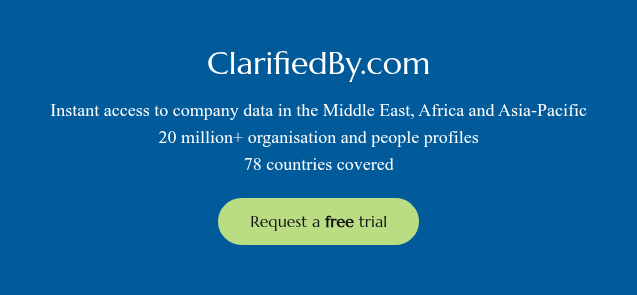The case for consolidation within the UAE
Read moreThe UAE’s US T-Bond drive: a judicious approach?
Last week’s news that the United Arab Emirates has been massively increasing its US Treasury holdings was largely unexpected, at least for many international analysts. In fact, according to fresh Treasury data1, in February alone the Abu Dhabi-led Gulf monarchy federation purchased nearly $17 billion in ‘T-Bonds’ -- a record sum taking its official total to over $50 billion. Moreover, rumours are swirling that its true total may have soared to around $60 billion, following a flurry of activity in third party countries known to act on behalf of the UAE and other wealthy Gulf states.
Though T-Bond yields are increasingly attractive on the back of rising US inflation, and while the recent oil price surge in anticipation of a global post-pandemic recovery has certainly swelled the UAE’s coffers and afforded it much greater fiscal flexibility, the UAE is nonetheless seen as bucking the regional trend. After all, to help finance costly post-oil diversification programmes and bolster sovereign wealth funds most Gulf states have actually been reducing their holdings. Notably, over the past year Saudi Arabia has shed more than $50 billion, with the bulk of the proceeds being channelled into its development-focused Public Investment Fund.
The UAE, of course, has much the same needs and constraints as its neighbours, with its ambitious Abu Dhabi Economic Vision 2030 and (Dubai-focused) UAE Vision 2040 expected to transform the country’s economic base, although at a very significant cost. In fact, the Abu Dhabi government itself has been selling bonds, most recently a $7 billion tranche in April 20202. Moreover, key parastatals such as the Abu Dhabi National Energy Company (Taqa) have been tapping international debt markets, and there is undoubtedly a lingering expectation that Abu Dhabi still needs to serve as the ultimate guarantor for Dubai’s sizeable gross government debt (of around $80 billion).
In this context, what at first seems economically counter-intuitive is perhaps better understood as an important part of a careful UAE re-calculation on its US relationship. With Biden’s team featuring many Obama-era officials known to distrust or simply dislike the UAE’s modus operandi, there has been a months-long discussion in Emirati policy circles on what Abu Dhabi can actually ‘give’ to the new Washington administration. On Yemen, for example, there has been little wiggle room, with the UAE having already ended its formal military involvement back in October. Similarly on Israel/Palestine the UAE doesn’t have much left up its sleeve, with the August 2020 ‘Abraham Accords’ seen primarily as a Trump showpiece rather than as an effective means of boosting Gulf Arab leverage in Jerusalem. Even on the Qatar dispute, there also seems little else the UAE can do, with Abu Dhabi having joined in – albeit reluctantly – with the Gulf Cooperation Council-led reconciliation agreement in early January, just days before Biden’s inauguration.
Thus, the current T-Bond drive appears to have emerged as one of Abu Dhabi’s most politically straightforward (and potentially constructive) US options. Well aware of its need to keep on board its powerful international protector, its need to maintain tacit US approval for its own rather militaresque regional adventures, and its need to ensure an uninterrupted future supply of high-tech firepower (including F35s and Reaper drones), in many ways the UAE is effectively returning to one of the more traditional Gulf strategies of influence-building. Indeed, during Saudi Arabia’s darkest days, post-9/11 and amidst the War on Terror, the kingdom unsurprisingly held its highest US Treasury holdings. On at least one occasion -- in an effort to block a class action lawsuit filed by the families of the 9/11 victims -- its senior officials were confident enough to explicitly threaten Washington with ‘economic fallout’. Time will tell if the UAE’s bonds will give it such clout, but it does seem a judicious approach.
Written exclusively for Diligencia by Christopher M. Davidson. Christopher is a British academic with longstanding research interests in the comparative politics of the Middle East, with much of his work having focused on statecraft and authority structures in the Gulf states. He has published seven single-authored books, two edited books, and a number of peer-reviewed journal articles and book chapter contributions. His latest book, From Sheikhs to Sultanism: Statecraft and Authority in Saudi Arabia and the UAE is available from Hurst & Co in the UK.
FOOTNOTES

